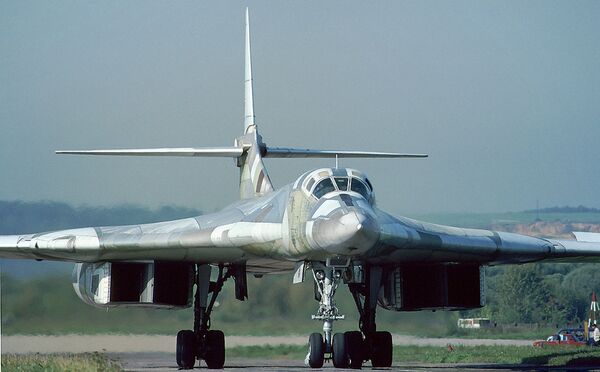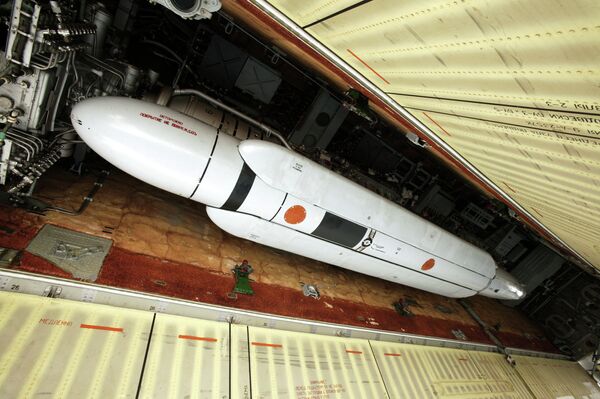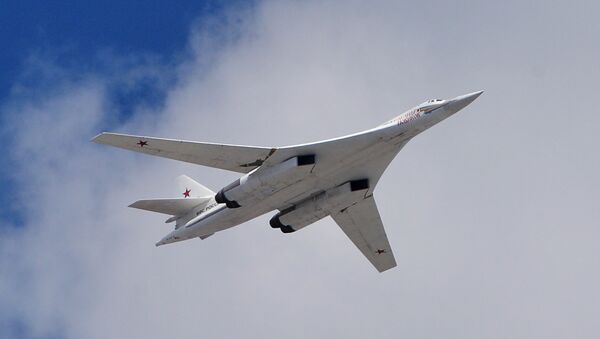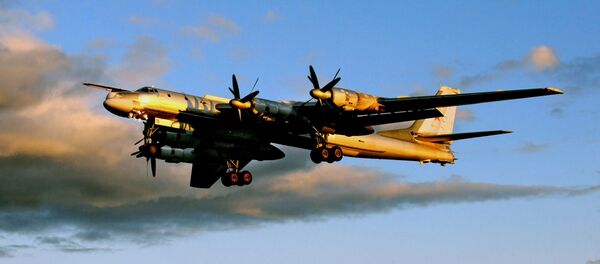In the Russian Air Force the aircraft was nicknamed the White Swan due to its anti-flash white paint scheme.
According to the Tupolev Design Bureau, the development of the Tu-160 started in the early 1970s, shortly before the US started to develop the B-2. The first prototype flew on December 18, 1981.
The first operational aircraft were delivered to the Soviet Air Force in April 1987. A total of 35 Tu-160’s have been built.
Earlier this year, Russia announced it plans to restart production of the Blackjack at the Kazan Aircraft Production Association in 2033. Russia intends to produce over 50 new bombers.
The new Tu-160 variant would be called the Tu-160M2. The airframe would remain the same, but the aircraft would be equipped with totally new avionics, mission systems and, potentially, engines.

"While the B-2 is relies on stealth — the Tu-160 relies on a combination of blistering speed and long-range standoff cruise missiles to deliver its payload," the analyst pointed out.
The Tu-160 can reach speeds of Mach 2.05 with its four Kuznetsov K-32 afterburning turbofans, which provide 245 kN of thrust each at maximum power.
"The basic concept behind the Tu-160 is to use its speed to move into launch position quick and disgorge its cruise missiles before the enemy can react. Indeed, U.S. Air Force and U.S. Navy pilots told me that intercepting a high flying and fast flying target at Mach 2.0 or more is extremely difficult even for a high performance fighter like the F-15C Eagle," Majumdar wrote.
The Tu-160 primary armament is twin six-shot rotary cruise launchers. The most common weapon for its strategic deterrent role is the Kh-55 Raduga nuclear missile, with an operational range of 1,600 nautical miles. There is also a conventional version of the missile, the Kh-555. But those weapons are being replaced with new stealthy cruise missiles which until recently were nor thought to be operational, the article read.

"However, recent video footage released by the Russian defense ministry indicates that Russian Tu-160 crews recently launched the stealthy new Kh-101 cruise missiles against targets in Syria. That likely means the Kh-102 nuclear-tipped variant is also operational with the Russian air force. The addition of those new weapons means the Tu-160 remains an extremely formidable enemy," the author wrote.



